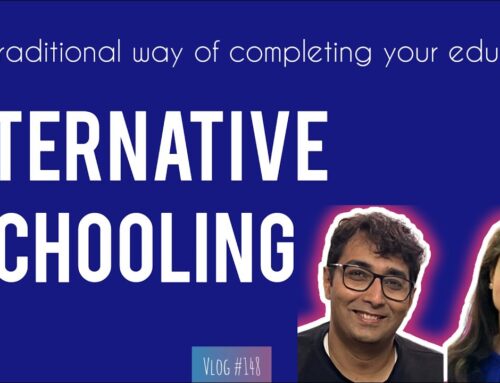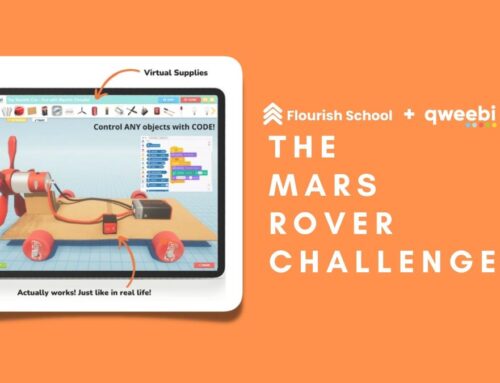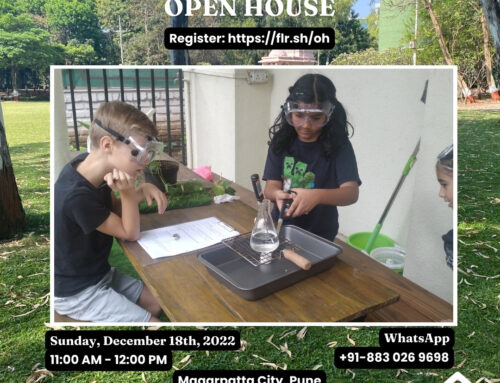Middle School Studio Admissions
We are pleased to share that we have started considering admissions for families of older children who are interested in a learner-driven environment.
For this year and the next, we are considering students up to 13 years of age.
What’s been happening at Flourish?
A lot!
We just finished our Session 4 this Wednesday (the 21st of Dec 22) and have been blown away by how much the Eagles have done this session.
From the Flourish Athens quest to their Presentations (An Idea worth Sharing) to exploring the art and styles of various artists, we have had a very full month of making things with our hands and pushing boundaries and our comfort zone when it comes to art.
Flourish Athens
“Plato believed that all property should be owned by the state and managed by the rulers for the benefit of the people. On the other hand, Aristotle believed that private property was a natural right and important for the proper functioning of society. He believed that individuals had the right to own property as long as it was used for the common good.”
– Do you side with Plato or Aristotle? Why?
– In today’s world, if India eliminated property rights, would India remain a powerful country? Why?
– In a state, if people cannot own property and things, do you think they will rebel against the state or learn to live in peace with one another?
These are some of the topics that the Eagles discussed each week of the Athens quest. Debating respectfully in our Socratic Smackdown sessions.
They explored philosophy, learnt about stoicism and famous greek philosophers and also learnt to build things like abaci, cisterns, wax tablets, and woollen hats, which an ancient greek would know how to build.
We even spent a day cooking authentic greek cook. Our guest chef, who is an expert in Greek Cuisine showed the Eagles the tips and tricks of putting together a delicious meal. Everyone had a Greek lunch picnic that day. A highlight of the quest.
The Exhibition of Learning had them teach their parents how to build the same things with best practices. Definitely, one of the funnest quests we have done.
Writer’s Workshop: An Idea worth sharing
We followed the TED Masterclass for our Writer’s Workshop this time. The idea was to research, draft, prepare and practice a presentation. The Eagles would then give the presentation to their parents during the Exhibition of Learning.
A presentation can be a “gift of an idea” or a “journey you take your listeners on”.
We had a mix of both kinds of presentations.
One Eagle spoke about what Chaos is and how to avoid it in your life, while another pitched for summer camps and why it is important for children to attend them.
We had another Eagle talk about the Netherlands and their charming customs and languages, while another Eagle spoke about her three pet turtles (named after the Teenage Mutant Ninja Turtles).
Two other Eagles decided to give a presentation on themselves. Speaking about their travels and dreams, and aspirations.
They spent a good part of the last week practising many times. Learned how to use the clicker and the microphone and gave fantastic presentations to their parents and peers during the Exhibition of Learning.
We will also be moving away from calling it a “Writer’s Workshop” to a “Communications Workshop” in the future because today, there are so many ways to get your ideas across instead of just writing about them.
Exploring famous artists!
The Eagles continued exploring the art styles of famous artists.
They made their self-portraits in the style of Frida Kahlo, painted sunflowers in the style of Vincent Van Gogh and even made impressionist paintings in the style of Monet.
Earlier, they tried their hand at Pop Art by Andy Warhol, Paper Cut Outs by Henri Matisse and Abstract Art by Sayed Haider Raza.
A lot of hard work and heart went into creating these works of art, and we are hoping to run an art exhibition towards the end of the year in March.
Open House Dates
|
|
| Sunday, 5th of Mar 2023, from 11 AM to 12 PM |
Flourish + Qweebi’s Mars Rover Challenge

In collaboration with Qweebi, we are hosting a program for children aged 8-14 during the Christmas holidays. (Open also to non-Flourish students).
Children will learn STEM concepts using Qweebi’s real-world simulation software to complete a Mars Rover Challenge. The goal is to create a rover prototype that can navigate complex terrain and complete an obstacle course.
Our hope for them is to learn about the Engineering-Design process and integrate it into their daily lives to solve whatever challenges they may encounter in the future.
Participants also get a complimentary licence to the platform for 3 months.
Children can use this tool for prototyping their designs virtually and testing them in an environment that uses real-world physics before building them in the real world — quite a valuable tool to have in your toolkit.
From the 26th to the 30th of Dec from 10 AM to 1 PM.
Location: Magarpatta City, Pune
Do Schools kill creativity?
We will let you decide.
However, Sir Ken Robinson makes an excellent case for how schools are killing creativity and need to do much more to foster and encourage children to be creative.
Studying for the test, sitting in classes quietly, and not questioning your teachers and adults are hallmarks of our traditional education systems, which reward discipline and obedience above anything else.
If anything, the world of the future (have you played around with Dall-E & ChatGPT?) will require people to think on their feet, be creative and think out of the box. The question for us as parents to ask is if we are doing enough to expose our children to this.
The following talk is long (20m) but well worth it. Full of humour and insight.
Book recommendation of the month!

The Opposite of Spoiled is a book that Pritika recommends if you would like to talk to your children about money and teach them about good money habits.
We had Secret Santa recently at the studio and had a very interesting conversation about money. What should be the budget allowed for gifts?
Being a mixed-age classroom, it was interesting to see different perspectives about what children of different ages think about money. Have they had to work for money? Do they get pocket money? etc. Different experiences result in different outlooks towards the value of money.
Which is when we realised that this would be a good book to recommend to everyone.
























